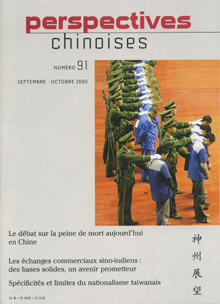Rm. 3029, Academic Building, The Hong Kong University of Science and Technology, Clear Water Bay, Kowloon, Hong Kong
Tel.: +852 2789 8134
Fax: +852 2815 3211
Room B110, Research Center For Humanities and Social Sciences, Academia Sinica, Taipei 11529, Taiwan
Tel.: (886-2) 2789-0873
Fax: -
Copyright © 2025 | Created by Innonext
